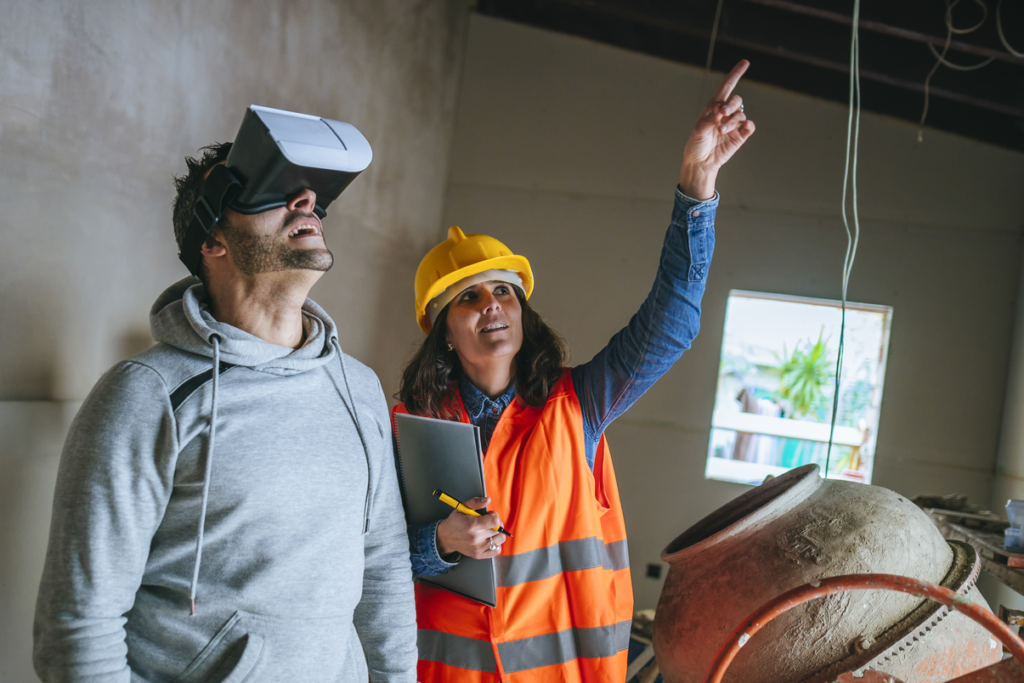Construction Technology: The Need for Optimization
Blog Post

The construction industry has remained largely unchanged for centuries, with little to no productivity enhancements since the invention of the crane. However, the need for improvement was dramatically realized and accelerated during the COVID-19 pandemic, bringing the industry to an inflection point. Technology is driving change in one of the global economy’s least digitalized industries. According to JLL’s recent report The State of Construction Tech 2020, three years’ worth of construction technology growth and adoption was compressed into the first nine months of the pandemic as the world very quickly sought remote capabilities to prevent disruption in the workplace.
In the report, JLL identified four categories as “high-impact” on construction technology: digital collaboration, scanning, safety/wearables, and Building Information Modeling/Computer-Aided Design (BIM/CAD). JLL Spark Global Ventures, the corporate venture arm of JLL, has invested in three of the four high impact categories:
Digital collaboration – INGENIOUS.BUILD enables collaboration amongst the different stakeholders in a construction project’s lifecycle using their unique platform that elevates efficiency and reduces tech spending.
Scanning – OpenSpace provides customers with a 360-degree visual representation of the construction site that captures and analyzes data.
BIM/CAD – Alice Technologies is a generative construction simulator, allowing users to rapidly determine the optimal way to build and course-correct a project once underway.
Even with recent technology advances, JLL Spark continues to identify persistent challenges in construction, including supply chain inefficiencies, lack of digital value capture/exchange, a lack of automation, and elimination of carbon emissions. It is well known that the real estate industry produces almost 40% of the world’s carbon emissions. Finding ways to reduce emissions in new buildings through low carbon alternatives with technology such as carbon sequestration and retrofitting existing buildings over new construction with renovation solutions like ecoworks will require a massive investment and significant adoption to make an impact. The industry will need to create and adopt solutions to reuse materials for the reduction of embodied carbon and to combat the rising cost of supplies. The construction sector has the largest use case for embedded financial products and digital B2B payment infrastructure but has the least penetration; it’s still run by cutting checks. Additionally, the labor market has never been tighter on top of lagging wage growth, making it difficult for construction companies to fill open roles.
Our CEO Christian Ulbricht signed The Climate Pledge as part of JLL’s commitment to reach net zero carbon emissions by 2040 across all operations. At JLL and JLL Spark, we understand that achieving this ambitious and necessary goal requires significant and immediate investment in technologies that can help bring construction and the entirety of real estate into the modern world.
Written by Javier Araujo O’Neill, senior investment associate
Interested in a strategic partnership with JLL Spark Global Ventures? Apply for an investment here.